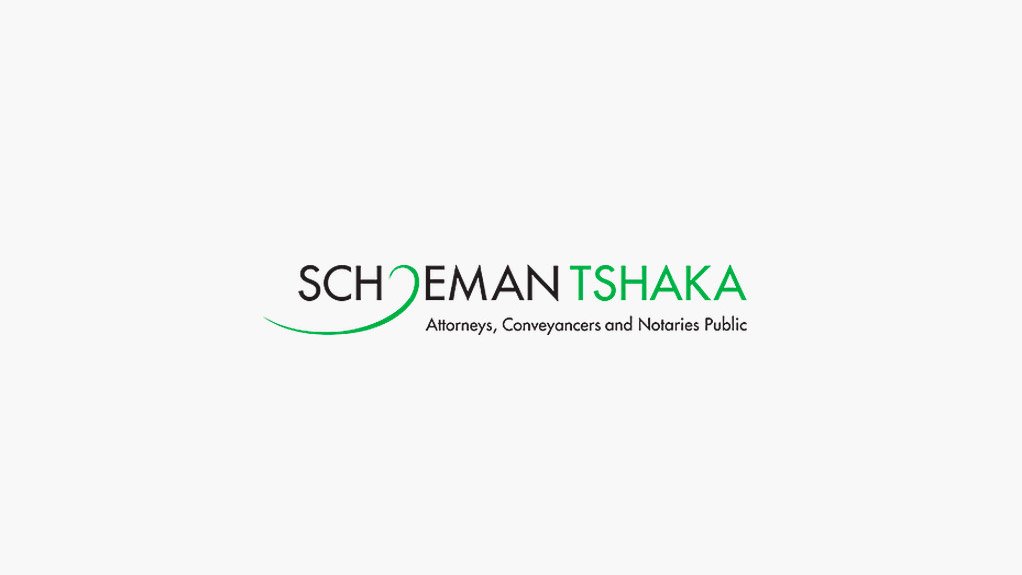The South African Government is aware that South Africans have the necessary skill and expertise to place South Africa on the world map with regards to scientific and technological innovation. In order to facilitate this government and SARS has introduced useful tax deductions for expensed incurred in the course and for purpose of conducting research and development. Below I will briefly discuss the tax incentive as set out in the Income Tax Act, Act 58 of 1962.
In terms of section 11D of the Income Tax Act (the “Act”) a taxpayer can qualify for certain deductions in respect of expenditure incurred for research and development purposes As with most tax deductions the Act has a very defined list of qualifications and requirements that needs to be met in order to qualify for the deduction.
In terms of this section research and development means “systematic investigative or systematic experimental activities of which the result is uncertain for the purpose of -
a) discovering non-obvious scientific or technological knowledge;
b) creating or developing—
i. an invention as defined in section 2 of the Patents Act;
ii. a functional design as defined in section 1 of the Designs Act capable of qualifying for registration under section 14 of that Act;
iii. a computer program as defined in section 1 of the Copyright Act which is of an innovative nature; or;
iv. Knowledge essential to use of such invention, functional design or computer program …..”
It is clear from above what kind or research and development expenditure will qualify for the tax deduction. The Act goes even further and included any expenditure incurred, not only in creating a new, but also in improving an invention, design or computer program if the improvement relates to a new improved function, improved performance or improvement on the quality.
The act excludes certain activities from the definition of research and development. For example routine testing, analysis done in the normal course of business, market research and creation or enhancement of trademark or goodwill will not be considered to be research and development in terms of the Act.
Section 11 D(2) stipulates that the taxable income of a taxpayer will qualify for a 150% deduction for an expense incurred directly and solely in respect of research and development. There are only 4 requirements for this deduction:
- the expenditure needs to be incurred in the production of income;
- the expenditure needs to be incurred in the carrying on of any trade;
- the research and development needs to be approved by the Minister of Science and Technology i.e department of Science and Technology;
- the expenditure needs to be incurred on or after the date of receipt of the application by the Department for approval of the research and development.
The abovementioned section excluded certain expenditure that does not qualify for deduction i.e immovable property, machinery, implements etc. Section 12 of the Act does however allow for a deduction of new of unused machinery acquired for the purpose of research and development together with the improvement to any machinery, plant, implement, utensil or article that was acquired for purpose of research and development. If such an article was acquired after 1 January 2012 and brought into use by the taxpayer on or after date for purpose of research and development, then a deduction is allowed. The first year of assessment in which the machinery was brought into use will qualify for a 50 % deduction, 30 % the following year of assessment and 20 % the year thereafter. Section 13 of the Act also allows for a 2% deduction for buildings acquired by a taxpayer for the purpose of research and development.
Conclusion
One can clearly see the attempt for government to encourage South Africans to undertake research and development in South Africa and not to ""export" their ideas and research to other countries. This is a great incentive from government and should be utilised by companies and individuals in the research and development industry.
Written by Anye Jansen van Rensburg, Schoeman Tshaka Attorneys
EMAIL THIS ARTICLE SAVE THIS ARTICLE
To subscribe email subscriptions@creamermedia.co.za or click here
To advertise email advertising@creamermedia.co.za or click here











